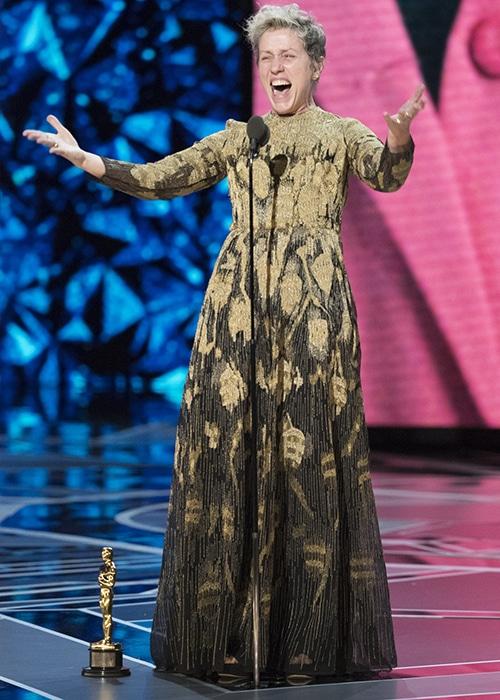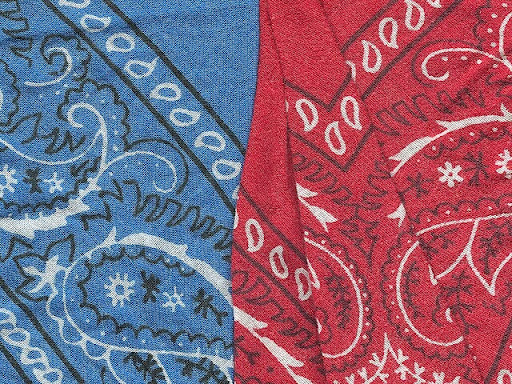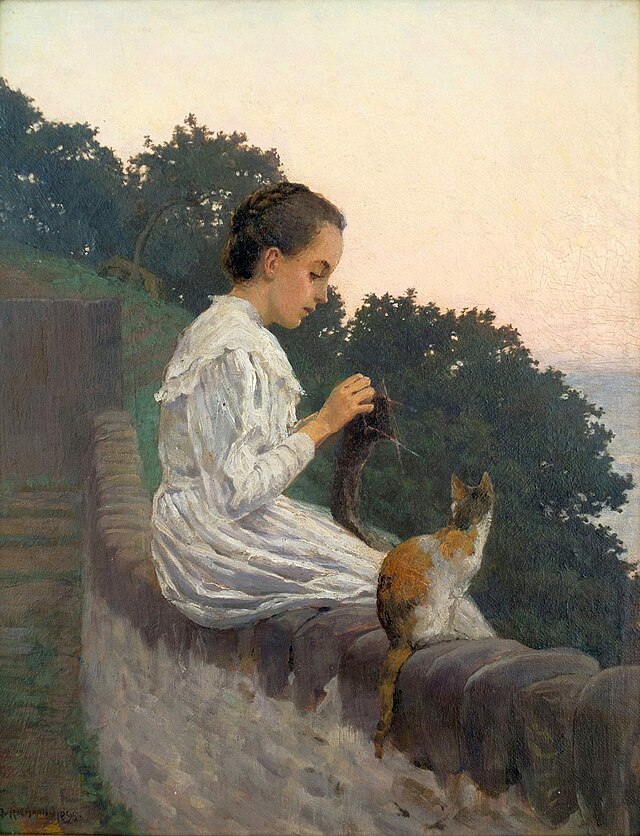At the 2018 Academy Awards, actress Frances McDormand won the Oscar for Best Actress for her performance in “Three Billboards Outside Ebbing, Missouri.” In the film, written and directed by Martin McDonagh, she plays Mildred Hayes, a mother who rents three billboards outside of town and plasters them with messages to call attention to the unsolved rape and murder of her teenage daughter Angela. She uses the billboards to raise awareness about the tragedy and demand action from the local police force.
At the ceremony, McDormand echoed the impassioned tone of the movie in her acceptance speech. After asking her fellow female Academy Award nominees in the audience to rise and be acknowledged, she emphatically called for more inclusion.
“I have two words to leave you with tonight, ladies and gentlemen: inclusion rider,” she said. “No, I’m not going to explain what that means––you’re going to look it up, and you’re going to like it.”
People looked it up—and most of them did like it. As Merriam-Webster tweeted just a few hours later, “‘Inclusion’ is our top search on the night, followed by ‘cinematography,’ ‘in memoriam,’ ‘feminism,’ and ‘rider.’ #Oscars.”
An inclusion rider is –– according to National Public Radio –– ”a stipulation that actors and actresses have inserted into their contracts, which would require a certain level of diversity among a film’s cast and crew.”
“I just found out about this last week,” McDormand explained backstage. “There has always been available to everybody who does negotiating on film, an inclusion rider, which means you can ask for and/or demand at least 50 percent diversity, not only in casting, but also the crew.”
McDormand’s call to action is both powerful and logical. Her choice to speak out about inclusion riders on such a public stage calls attention to the issue on a large scale. However, most impactful is the concrete solution that she provides to Hollywood’s diversity problem.
Given recent movements such as #OscarSoWhite and #MeToo, institutional racism and sexism within the entertainment industry at many awards ceremonies. For example, at that same Academy Awards, many stars wore black to symbolize their solidarity with the Time’s Up movement against sexual harassment.
Although awareness and efforts to address issues in Hollywood have increased, McDormand’s speech is certainly pivotal in that it offers a concrete solution that could potentially move towards an increase in diversity on sets.
Backstage after the show, McDormand explained the phrase a bit more: “The whole idea of women ‘trending’? No. No trending. African-Americans ‘trending’? No. No trending. It changes now. I think that the inclusion rider will have something to do with that.”
McDormand’s speech could also potentially serve as a promise for change within the entertainment industry, given that so many people appear to be unaware of what an inclusion rider is. A-list stars have the most leverage in film contract negotiations, and McDormand chose exactly the right time and place to publicize inclusion riders.
Since McDormand’s speech, a number of huge Hollywood names including Michael B. Jordan (“Black Panther,” “Creed”), Brie Larson (“Room,” “Kong: Skull Island) and filmmaker Paul Feig (“Bridesmaids,” “Spy”) have publicly committed to adopting inclusion riders.
Now we just have to hope that this promising trend continues and manifests into long-term change.







